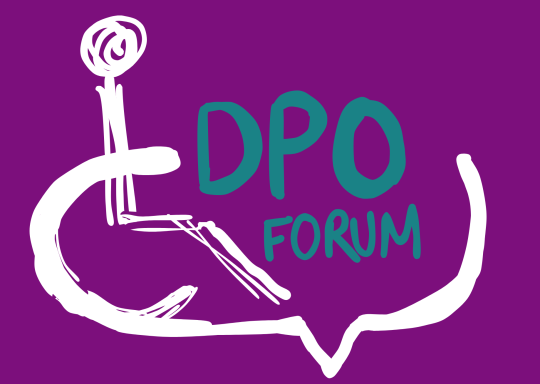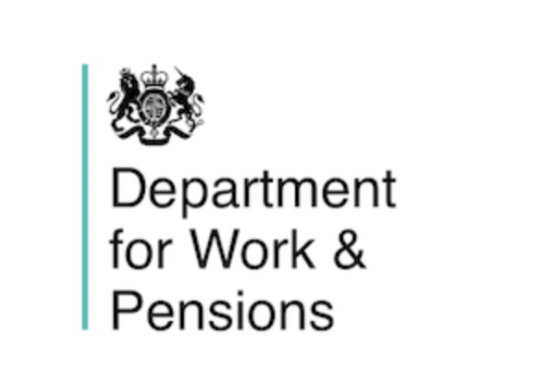Disabled UC claimants underpaid by over £350 per month due to DWP failure to start WCA process
NAWRA is a membership based organisation for social welfare advice providers across the UK. The DBC is a national coalition of over 100 charities, that includes DR UK, and other organisations committed to working towards a fair benefits system.
In total, NAWRA, the DBC and DR UK represent hundreds of organisations.
The WCA is very important - it finds out what universal credit (UC) work-related responsibilities someone must meet to keep getting the benefit in full.
If you are found to have a ‘limited capability for work’ in the assessment, your work-related responsibilities will be limited. If you are found to have a ‘limited capability for work-related activity’ (LCWRA) in the assessment, none of the work-related requirements will apply to you, and you will also be entitled to the more than £350 per month work capability amount.
If a UC claimant reports a health condition that may affect their ability to work via a fit note from their GP, they should be referred for a WCA either at day 1 or day 29, with the first stage of the assessment being the issue of the universal credit capability for work questionnaire (UC50).
However, NAWRA has been working with the Strategic Public Law Centre (SPLC) and others to try and resolve the problem of the DWP’s failure to reliably initiate the WCA and issue the UC50, resulting in disabled claimants missing out on the LCWRA element for months or even years.
In their joint letter, NAWRA, the DBC and DRUK outline a simple proposal was put to DWP officials at the end of last year – to put an automated message into the claimant’s journal when they first submit a fit note to advise them of WCA process and, if they don’t receive a UC50 within 4 weeks, to raise it with their work coach.
But the DWP has decided not to implement this and instead said they would ‘explore what might be added to published information’.
The joint letter to new DWP Minister of State Victoria Prentis calls on her to put their solution in place as a matter of urgency.
It explains that: “Our key proposal is that, when a claimant submits a fit note, a message should automatically go in their journal advising them of the WCA process - in particular, that they should expect a UC50 form within 4 weeks and, if they do not receive it, they should chase it up with their work coach.
“While not an infallible solution, it would at least give claimants the knowledge of what to expect, and therefore the opportunity to get things put right.”
It then adds that: “While gov.uk and similar sources of information can be very useful, it is not the place where claimants look to find out what is happening with the claim. It needs to be personalised and in their journal for the message to be effective.”
The joint letter concludes by stressing that:
“We believe it is imperative that this problem is resolved, particularly as we approach winter in the midst of the cost of living crisis. Receiving that additional £350 per month, to which sick and disabled claimants are entitled, could prevent serious illness or even death.
“We would very much like to meet with you, and your officials, to discuss this further and put in place a solution as a matter of urgency.”
Ken Butler DR UK’s Welfare Rights and Policy Adviser said: “Any delay to the UC50 process is serious as it can still take several months following its completion and return for a WCA to actually take place.
“The DWP expects UC claimants to communicate with it via their online journal. The proposal for the DWP to use the journal to inform and advise UC claimants in turn is a modest one and needs to be implemented without delay.
“What the DWP also needs to do is develop its UC system so UC50s are sent automatically in a timely fashion,
Especially in a cost of living crisis, the DWP should make every attempt to ensure that there is no delay in awarding disabled UC claimants their legitimate benefit entitlement.”
The NARWA, DBC, DR UK letter to DWP Minister Victoria Prentis is available from nawra.org.uk
See also the SPLC research report Issuing UC50s: A report on an investigation into systemic problems available from warwick.ac.uk.



